WHS duties related to hazardous chemicals
If you are person conducting a business or undertaking (PCBU) involving hazardous chemicals, you have specific work health and safety (WHS) duties. Some of the duties are listed below.
Managing the risks
You have a duty to identify, assess and control risks in the workplace. When assessing the risk of hazardous chemicals, think about:
-
the hazardous properties of the chemical
-
potential reactions between the hazardous chemical and another substance or mixture, including hazardous substances the reaction may generate
-
the nature of the work involving the hazardous chemical
-
any structure, plant or work system that could interact or involve with the hazardous chemical.
The Model Code of Practice – Managing risks of hazardous chemicals in the workplace has more information on assessing and controlling hazardous chemical risks.
Keeping workers safe
As a PCBU, you must store hazardous chemicals safely and communicate hazard information to your workers, including:
-
correctly labelling all hazardous chemical containers and pipework using warning placards and safety signs
-
storing hazardous chemicals correctly
-
keeping a hazardous chemical register, which must include a copy of the current safety data sheet (SDS) for each hazardous chemical on the register
-
keeping a hazardous chemical manifest if the quantity is over the manifest threshold
-
display placards if the hazardous chemical quantity is over the placard threshold
-
inform, train, instruct and supervise workers.
Health monitoring for workers
You must not exceed workplace exposure standards for certain airborne hazardous chemicals.
You must also provide health monitoring to workers for certain hazardous chemicals.
Notifying the regulator and emergency services
You must notify the regulator as quickly as possible when:
-
someone has died
-
someone has a serious injury or illness and need urgent immediate treatment
-
someone was exposed to a substance and needed treatment within 48 hours
-
there was a dangerous incident.
You must leave the incident site and not return, unless you need to:
-
help an injured person
-
remove someone who has died
-
do things that are essential to make the site safe
-
stop further notifiable incidents.
Police investigations and regulator or inspector permission override site preservation.
If the hazardous chemical quantity is over its manifest quantity threshold, you must:
-
notify your WHS regulator, and
-
give local emergency services a copy of your emergency plan.
You should also notify the regulator about abandoned underground tanks that previously stored flammable liquids or gases as soon as possible.
Maintaining the work environment
You should also:
-
provide a spill containment system for hazardous chemicals (if necessary)
-
control ignition sources and the build-up of flammable and combustible substances
-
maintain and check the stability and support of bulk containers of hazardous chemicals, including pipework
-
decommission old hazardous chemical storage and handling systems correctly and safely.
Suppliers of hazardous chemicals
Hazardous chemical suppliers, including intermediaries in the supply chain like distributors, on-sellers and wholesalers, must:
-
be 16 years of age or older
-
ensure as far as reasonably practicable that supplied chemicals are not a risk to health and safety
-
ensure they do not supply hazardous chemicals they know are not labelled correctly
-
provide SDS with the hazardous chemical.
Manufacturers and importers of hazardous chemicals
If you make or import hazardous chemicals, including if you package or re-label hazardous chemicals with your business’s own name, you must:
-
ensure chemicals you make or import are, so far as reasonably practicable, not a risk to health and safety
-
correctly classify hazardous chemicals
-
correctly prepare labels and SDS for the hazardous chemical.
The Hazardous Chemical Information System (HCIS) can help you find GHS classification information on chemicals.
Transporting hazardous chemicals
The model WHS Regulations do not apply to transporting hazardous chemicals. There are laws in each state and territory for transporting hazardous chemicals.
If you transport hazardous chemicals by road or rail:
-
follow the National Transport Commission’s Australian Code for the Transport of Dangerous Goods by Road and Rail (ADG Code)
-
contact your local transport regulator if you have questions.
If you are transporting hazardous chemicals by air or by sea, contact:

